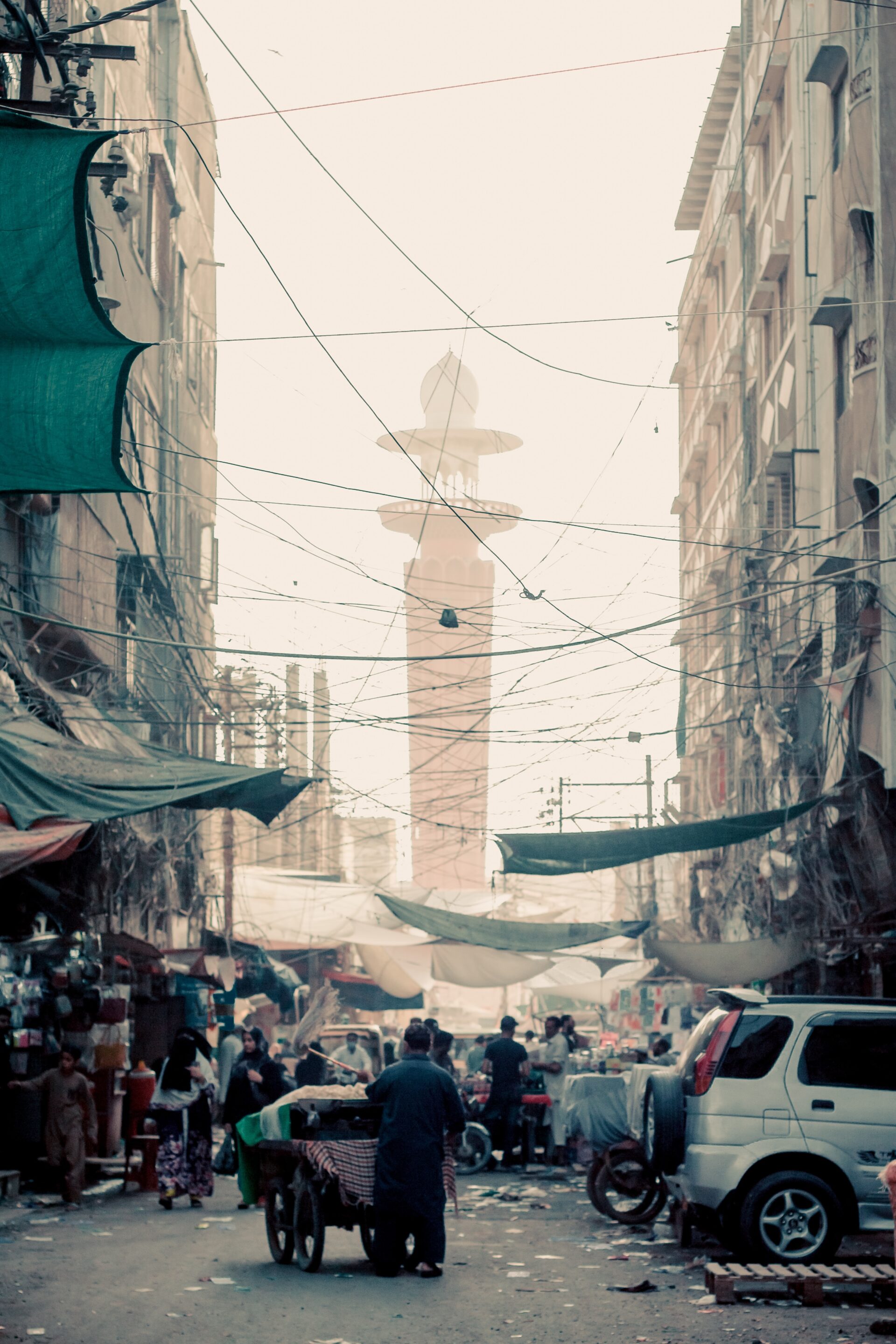The dynamic political landscape of Pakistan, particularly Karachi, has recently observed a seismic change. The local bodies elections have displayed a considerable change in the dominant structure, with parties such as Jamaat-e-Islami (JI), Pakistan Tehreek-e-Insaf (PTI), and Pakistan Peoples Party (PPP) managing to win seats that were once a stronghold of the united Muttahida Qaumi Movement (MQM) under Mr Altaf Hussain.
Between 2001 and 2010, the city of Karachi experienced an extensive development surge during the tenure of mayors from Jamaat-e-Islami, Mr Naimtuallah Khan and Muttahida Qaumi Movement, Mr Syed Mustafa Kamal, their collective influence brought about significant transformations in the city’s infrastructure, setting a bar for subsequent administrations, however, later the local bodies system has been changed by PPP which results in loss of momentum.
However, in a recent turn of events, PTI has publicly announced its support for JI’s candidate, Hafiz Naeem. In contrast, PPP’s Nasir Hussain has asserted its ethical rights to the mayorship, fueling a debate that sweeps across party lines.
Despite its claims, PPP has been the target of widespread criticism for its underwhelming performance in Karachi, and more broadly in Sindh. The deteriorating road conditions, and lack of water supply, coupled with the glaring absence of basic civic amenities in the city, reflect a governance failure on the part of the ruling party. The disappointing record raises serious questions about the PPP’s legitimacy and capacity to fulfil the city’s development needs which is 3rd largest city in the world by population.
The question remains: who has the moral or ethical right to Karachi’s leadership? It is, without doubt, the people of Karachi who bear the brunt of the policies enacted by the PPP in Sindh, which have largely failed to meet their needs and aspirations. The moral and ethical rights to governance should be determined by the competence to serve and the track record of actual delivery of promises, not merely the ability to secure votes on which many parties have concerns on the delimitations of consistency by ECP and eco by an allegation of rigging by the government.
It is time for a change, and with its established network on the ground and history of welfare work for the city under Alkhidmat Foundation Pakistan, JI, supported by PTI, appears to be a worthy contender for the mantle of leadership. JI’s past record in resource utilization and addressing Karachi’s issues stand out more favourably compared to the incumbent party PPP.
In the end, the direction of Karachi’s future depends largely on its residents’ decisions, as well as the ability of the elected officials to prioritize and address the pressing issues of infrastructure and basic civic amenities. Whoever ascends to power should remember that the true ethical right to leadership rests on serving the people effectively and improving the city’s living conditions. After all, the fundamental objective of political power should be the welfare of the people and the development of the city.
Only time will tell if the reins of Karachi will be guided by moral and ethical responsibility, as its populace fervently hopes for a leadership that can deliver on its promises and transforms the city into a model of development and prosperity.
Dear TNT Reader,
At The News Tribe, our mission is to bring you free, independent, and unbiased news and content that keeps you informed and empowered. We are committed to upholding the highest standards of journalism, as we understand that we are a platform for truth.
Apart from independent global news coverage, we also commit our unique focus on the Muslim world. In an age marked by the troubling rise of Islamophobia and widespread misrepresentation of Muslims in Western media, we strive to provide accurate and fair coverage.
But to continue doing so, we need your support. Even a small donation of 1$ can make a big difference. Your contribution will help us maintain the quality of our news and counteract the negative narratives that are so prevalent.
Please consider donating today to ensure we can keep delivering the news that matters. Together, we can make a positive impact on the world, and work towards a more inclusive, informed global society.
Donate Monthly Subscription Annual Subscription





